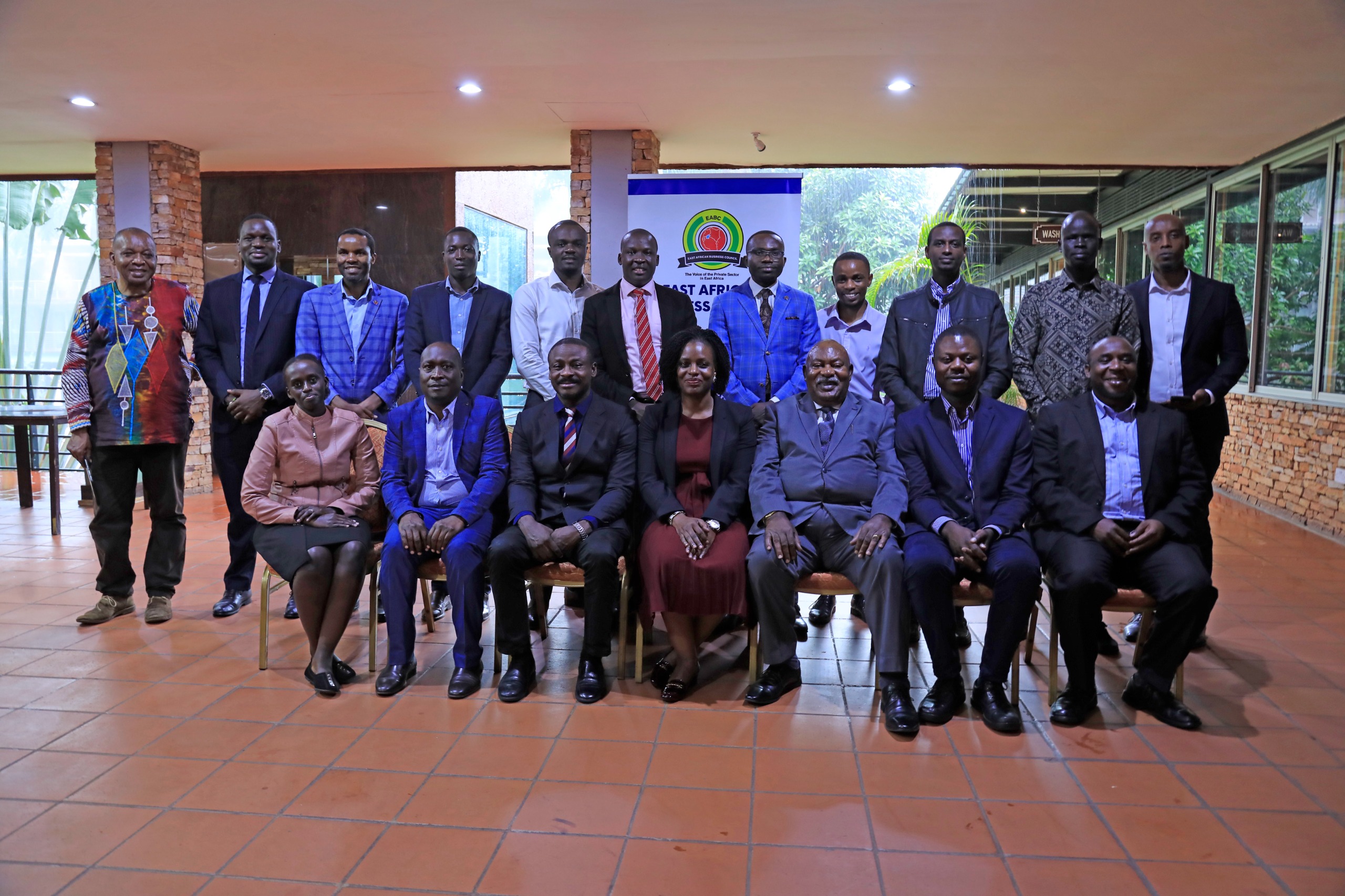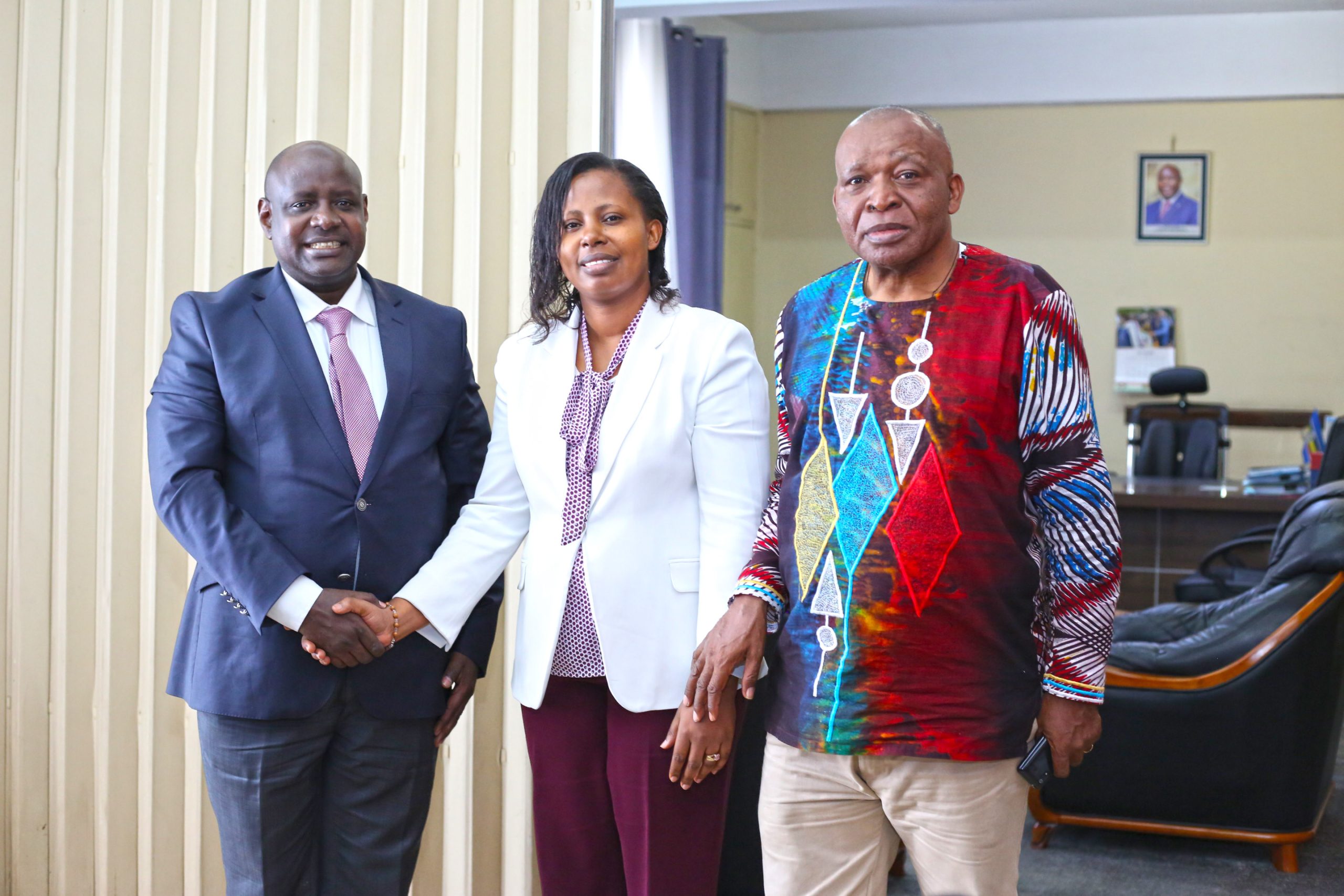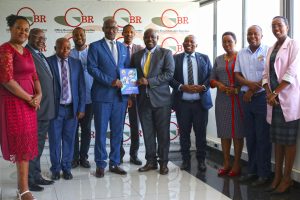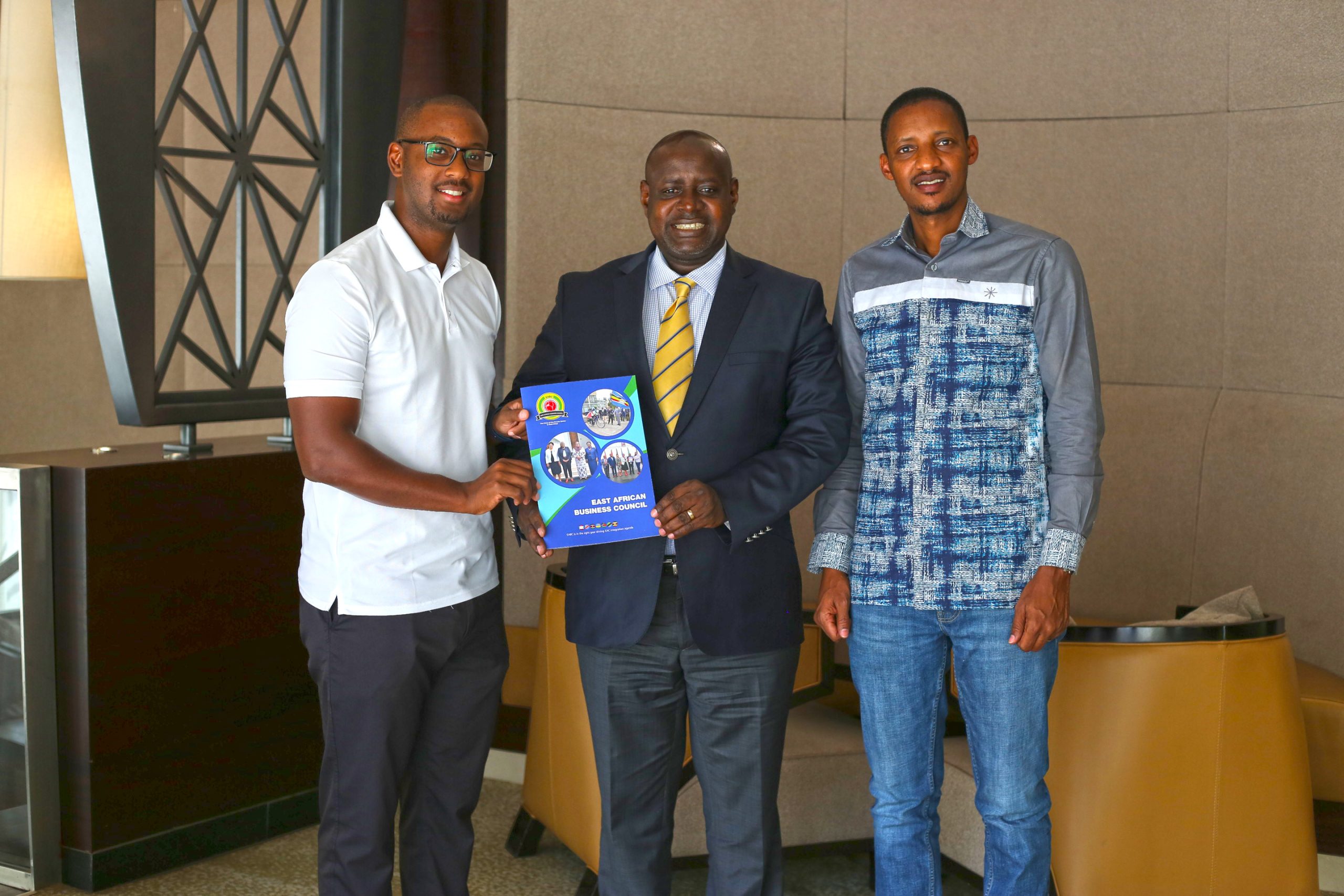Public Private Dialogue
The East African Business Council (EABC) is a key convener of high‐level regional Public‐Private Sector Dialogue fora and has “Observer Status” at the East African Community level. The East African Business Council has a broad membership of private sector and play a critical role in representing and voicing concerns of businesses in EAC policy formulation & negotiation at technical, ministerial and presidential levels. EABC holds High-Level Public-Private Dialogues with the EAC Heads of State Summit and Council of Ministers.
Public Private Dialogue
Raise important private sector issues to the Government’s agenda
Increase the policy desirability and feasibility of reforms needed
Building a constituency to advance reforms
Exchange experiences between private sector and government officials
POLICY DOCUMENTS
| Title | ||
|---|---|---|
|
PwC – EABC Analysis on Proposed Measures for 2025/26 Budgets |
June 3, 2025 | Download |
|
Message from the Executive Director titled “A Call for EAC Governments to Collectively Negotiate Trade Agreements With Third Parties as a Bloc” |
May 30, 2025 | Download |
|
Africa Waste is Wealth Series II Report |
May 20, 2025 | Download |
|
EABC Policy Advocacy Agenda on Trade in Services 2025-20230 |
May 13, 2025 | Download |
|
EABC POLICY ISSUES FOR REGIONAL HARMONIZATION FOR THE FISCAL YEAR 2025/26 |
April 24, 2025 | Download |
EABC – TMEA UPDATES
Trade Portals







